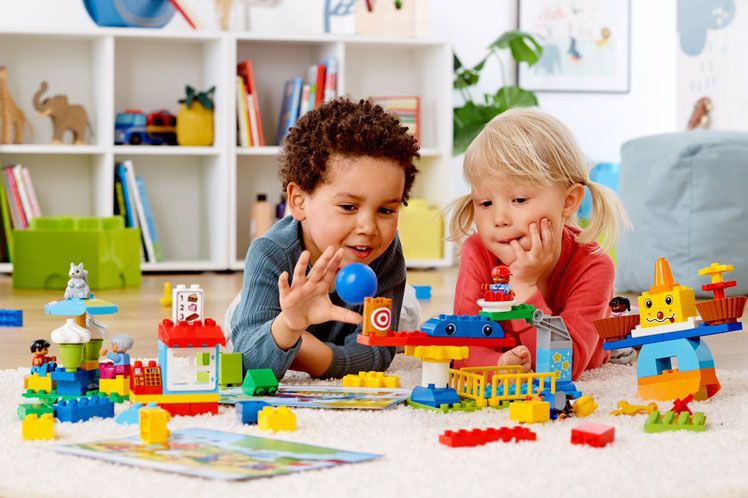Play
In a globalized world, cultural awareness is a key component of childhood education. Interactive toys are uniquely positioned to expose children to diverse cultures, languages, and traditions in a playful, engaging way.
1. Learning Through Multicultural Play
Toys that incorporate stories, music, and games from around the world allow children to experience different perspectives. For example, interactive storybooks may feature multiple languages, while global-themed AR games teach geography and cultural traditions.
2. Encouraging Empathy and Respect
Exposure to cultural diversity through play fosters empathy. When children interact with toys representing different lifestyles, they develop respect for differences and learn to appreciate unique customs, encouraging open-mindedness from a young age.
3. Language Development
Interactive toys that teach multiple languages help children acquire new linguistic skills naturally. Voice-responsive toys, translation apps, and multilingual games make learning fun and immersive, strengthening communication skills and cultural competence.
4. Social Skills and Collaboration
Multicultural interactive toys often encourage collaborative activities that simulate real-world cooperation. Children work together to complete global challenges or solve cultural puzzles, developing teamwork, problem-solving, and intercultural understanding simultaneously.
5. Conclusion
Cultural diversity in interactive toys enriches childhood play. These toys serve as bridges to the wider world, cultivating global awareness, empathy, and communication skills that will benefit children throughout life.

